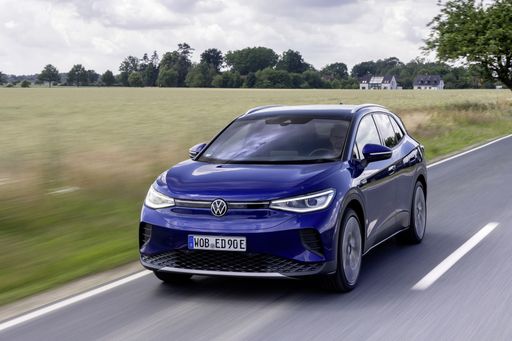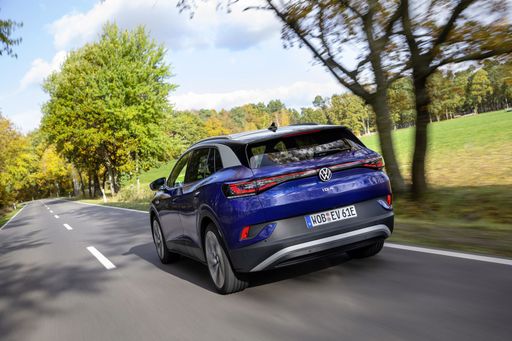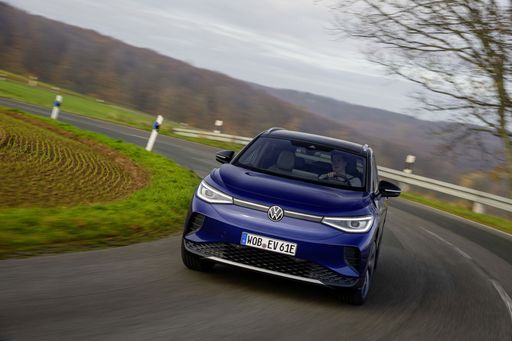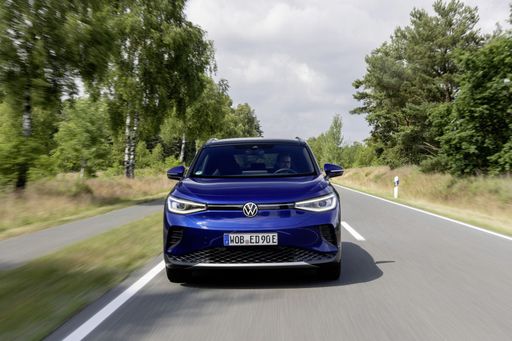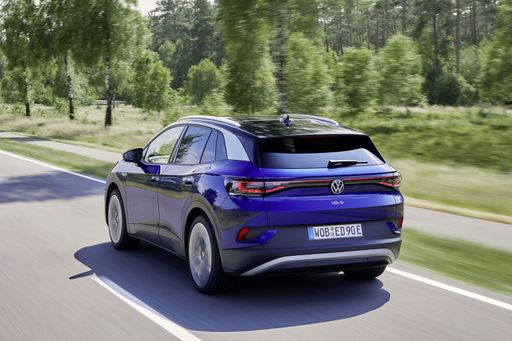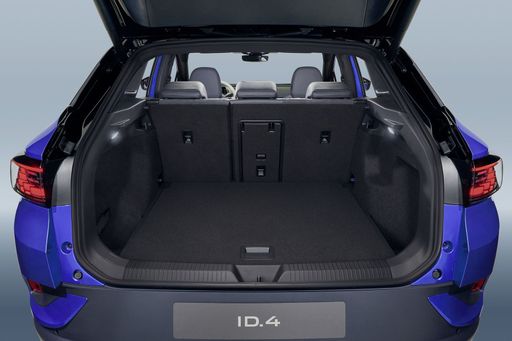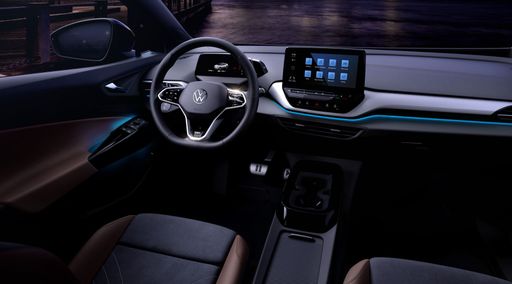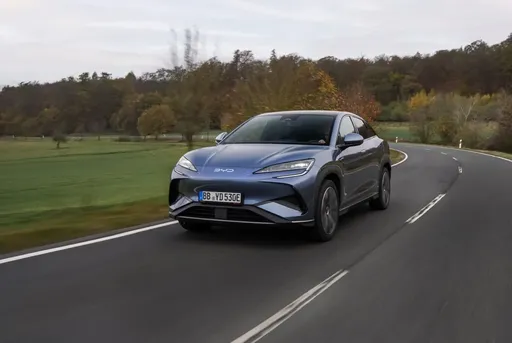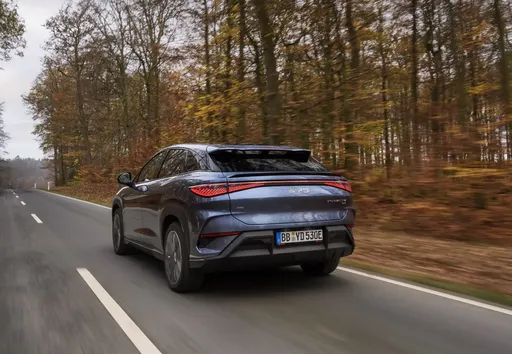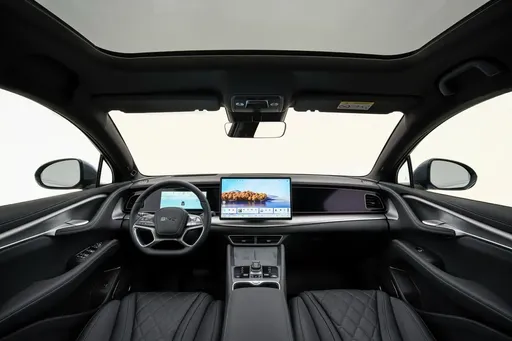The Electric Showdown: VW ID.4 vs. BYD Sealion 7
The electric vehicle market is heating up with contenders that promise both performance and practicality. Today, we're diving into a head-to-head comparison between two formidable electric SUVs: the VW ID.4 and the BYD Sealion 7. Both vehicles offer innovative features and impressive specs, but how do they stack up against each other? Let's take a closer look.

